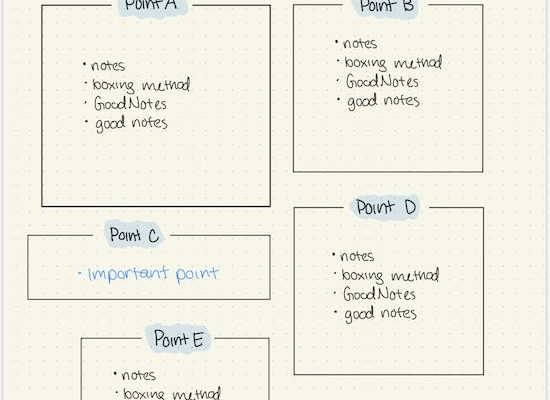Great Education Leaders Solicit Feedback

Great educational leaders know how to educate, but they also enjoy learning. This entails being receptive to constructive criticism and responding with optimism and gratitude, allowing you to make adjustments that will help everyone involved. To obtain feedback, first, ensure that you can manage it.
If you are oversensitive, I will concentrate on this before asking my staff for feedback. Teachers are thoughtful and meticulous, so they pay attention to the smallest of details. They will provide you with honest criticism, but you may not be prepared for the depth of honesty and precision it is delivered.
I Don’t Feel Comfortable Providing Your Feedback
I used to have a principal known for being the Judge Judy sort. She was equitable but in a terrible, cruel, and unyielding way. She had high expectations of everyone and wanted them to meet them. Compassion was not her key strength because she did not display empathy or understanding very often. In staff meetings, she tended to ask for comments on her performance and became offended when she did not get them. For us, this was a little puzzling. Who on earth would offer you comments in an open discussion, considering your reputation?
Despite being an intelligent woman, she could not understand the situation’s absurdity. Who would want to be the target of her vengeance? Finally, she confided in one of her teachers about her issue, and they described why she had not received any comment from us. She apologized and provided us with an anonymous questionnaire that we could utilize to provide her constructive comments during the next meeting. To her honor, she took much of it seriously, and as a result, she became a better educational leader. After we understood each other better, she became one of my inspirations.





